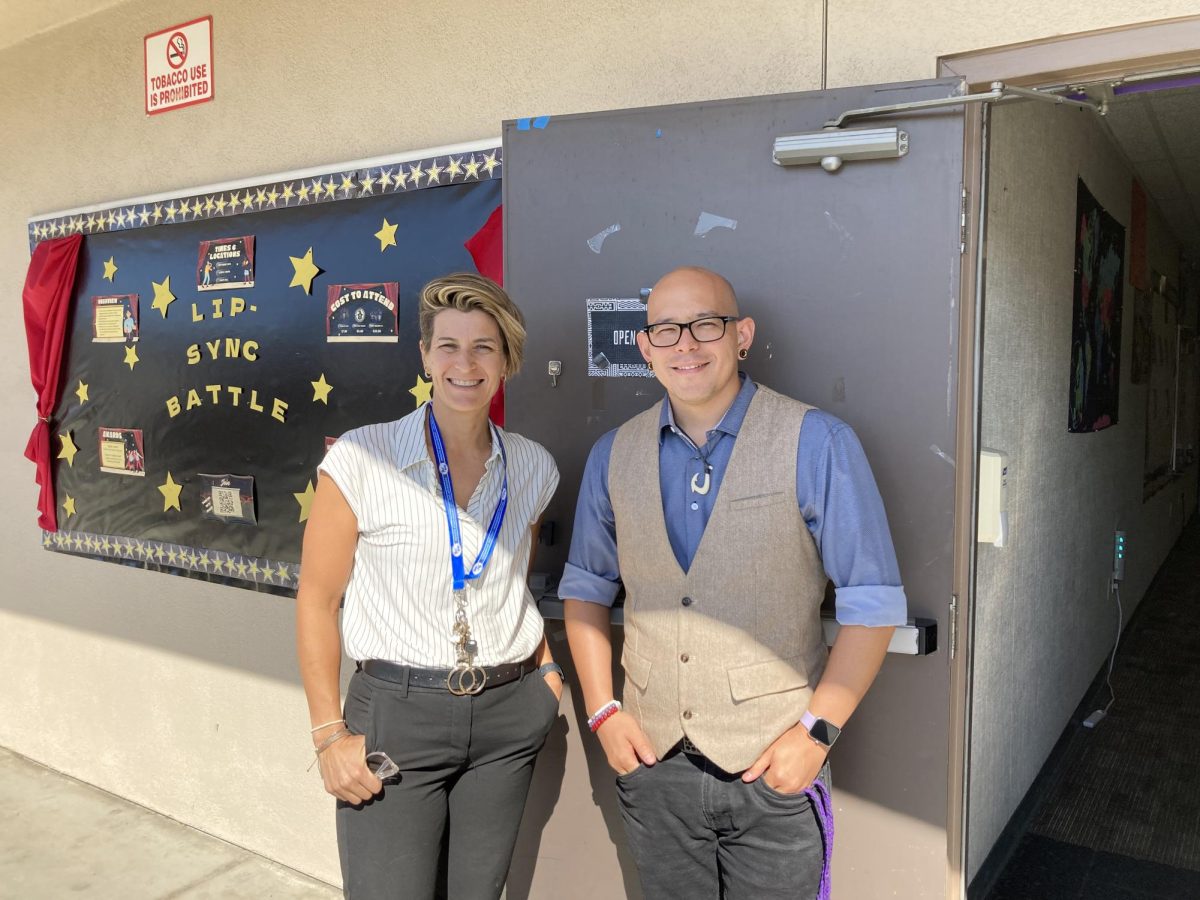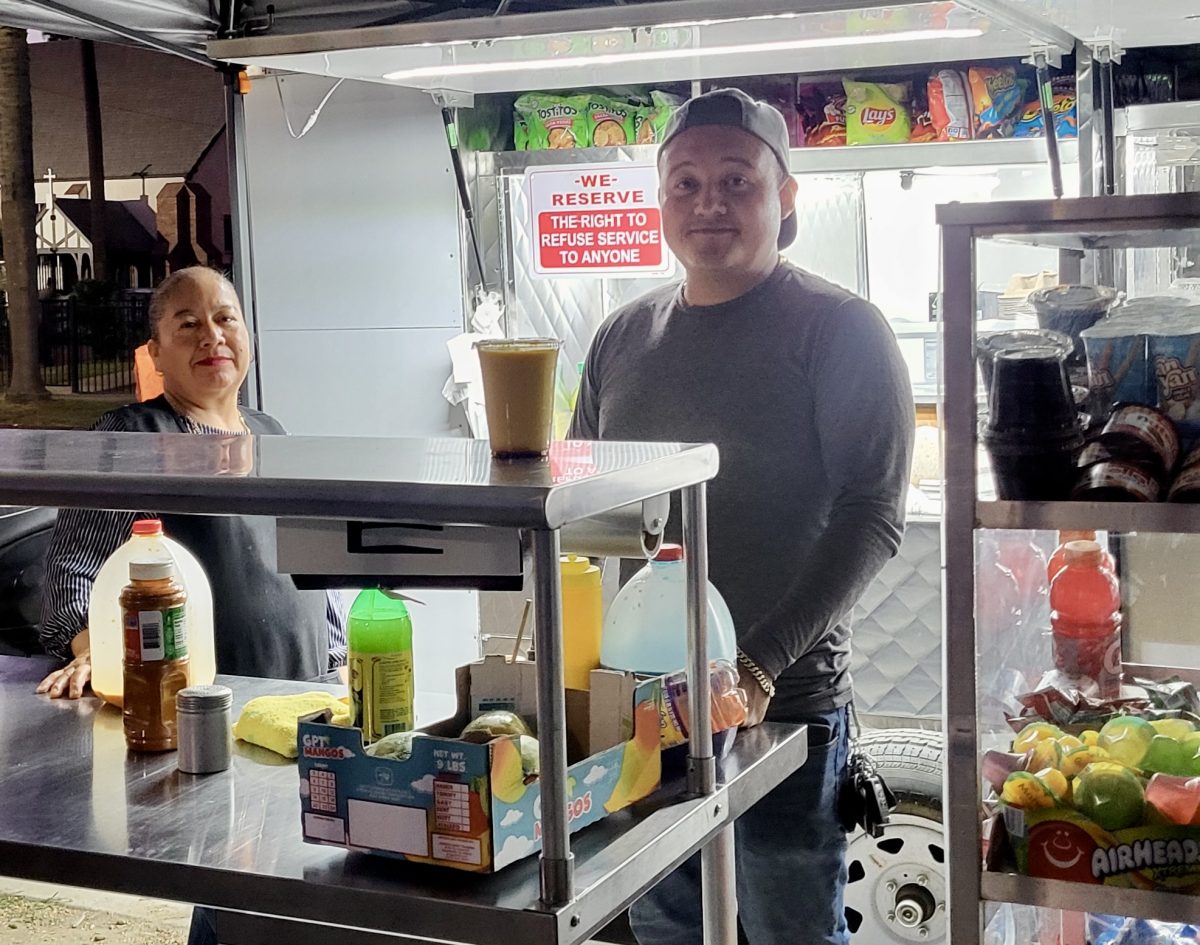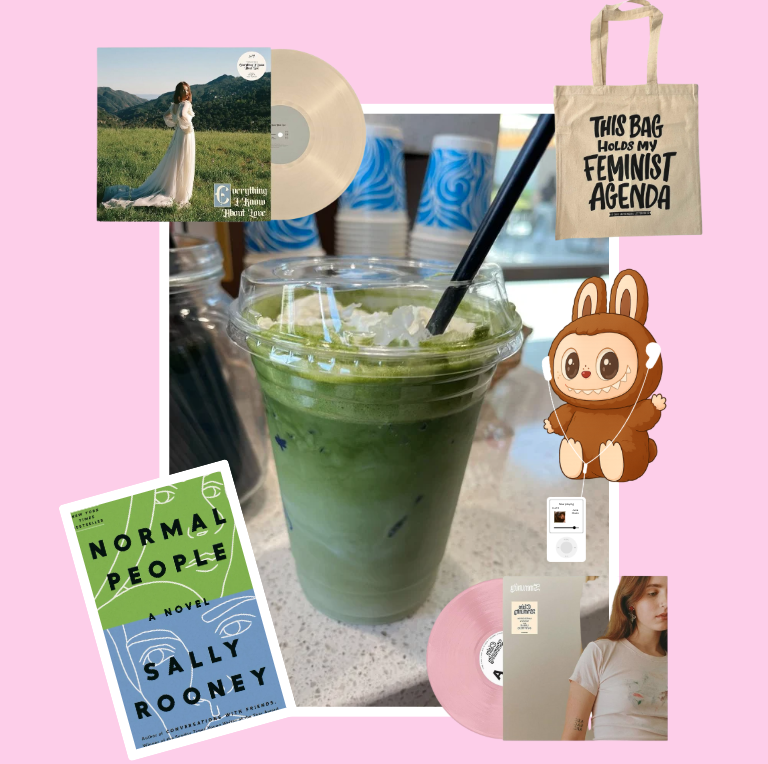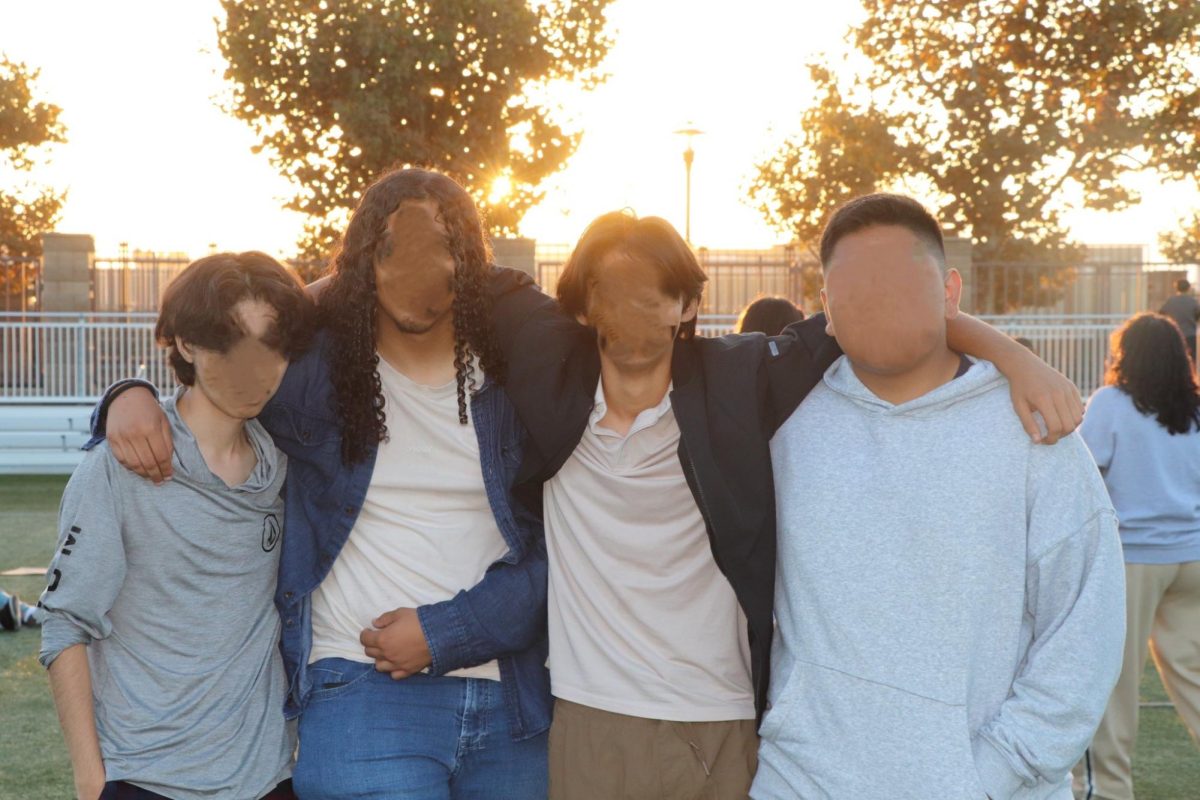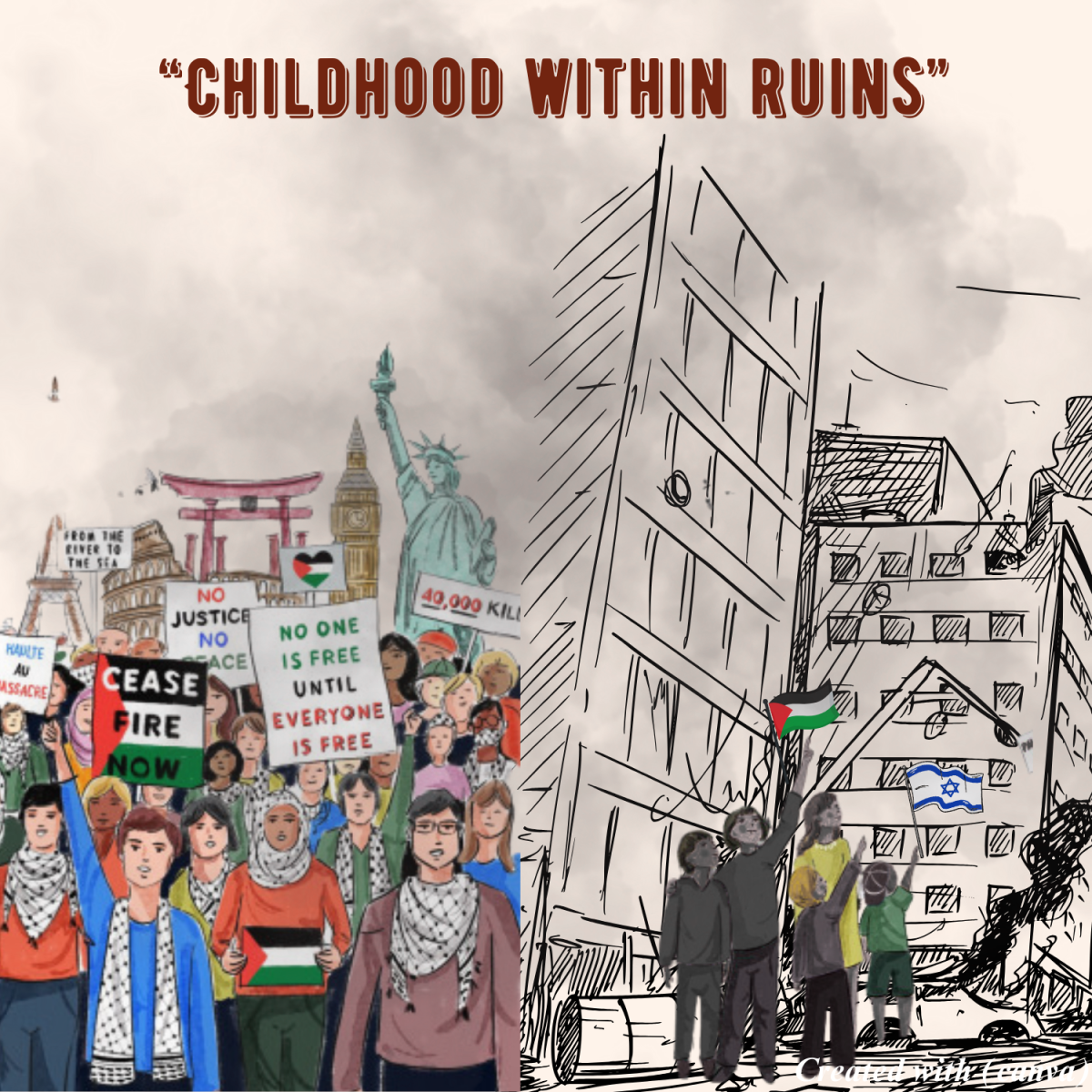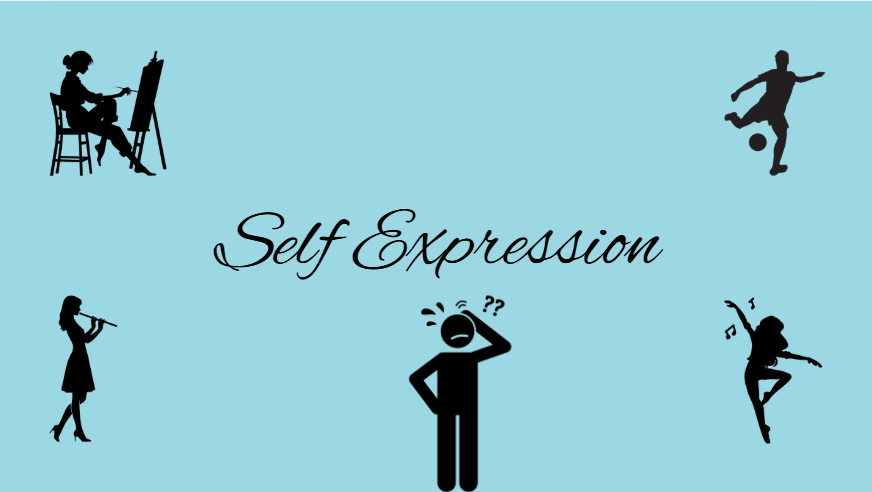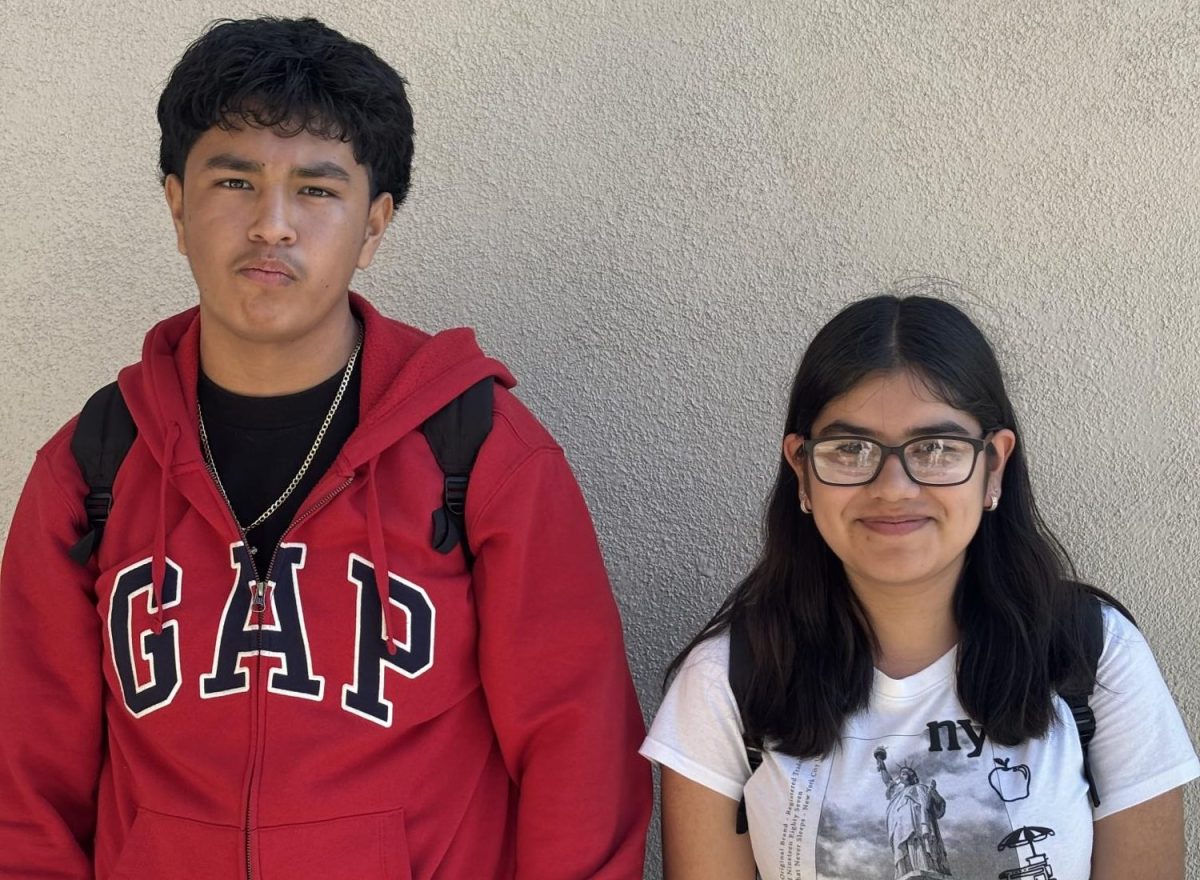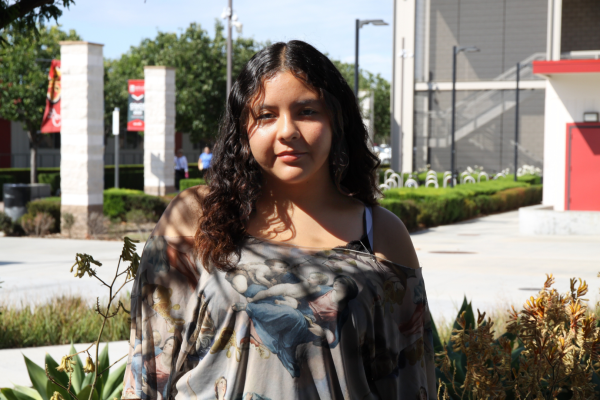Artificial Intelligence (AI) is changing the way we write, learn, and create. From helping students with school assignments to supporting authors during the writing process, AI has quickly become a powerful part of modern life. In schools and universities, it’s being used for research, brainstorming, and even organizing thoughts. However, not everyone is comfortable with this growing dependence on technology. Many worry that AI is weakening creativity, making people overly dependent and threatening the unique voice that makes human literature special.
As AI continues to expand across different parts of society, its influence on writing and literature sparks serious debate. Supporters believe it offers helpful tools for writers and learners, while critics fear it could damage originality and personal expression. At Middle College High School (MCHS), educators and students are starting to see both the benefits and the risks of using AI. This article explores how AI is reshaping the writing experience, what it means for the future of storytelling and why finding a healthy balance between AI and original thought is key to preserving creativity in the age of technology.
AI has found its way into almost every part of society, from healthcare and transportation to customer service and creative industries. According to the National University, There are; “Over 77% of devices we use today already feature some form of AI, and over 35% of companies globally have adopted AI technology into their operations,”
In the world of literature, this rapid adoption brings both opportunity and concern. On the bright side, AI helps increase writing efficiency, supports those with learning difficulties and provides easy access to research. Literature though is at high risk of losing its originality. Something meant to reflect the human experience could be altered and taken over by AI.
One of our counselors, Gabriela Esparza, shared her thoughts on AI’s growing role in writing.
“AI is definitely making things a lot faster. It’s speeding things up… it’s making the writing process faster,” Esparza said. “People that struggled with writing before could use AI as a way to organize their words and thoughts.”
While Esparza sees the benefits, she also recognizes the risks of over reliance.
Many experts are raising concerns that AI-generated writing may lead to a drop in original thinking, emotional depth, and even empathy in future writers. According to researchers from PsyPost, depending too much on AI for essays and writing tasks can lead to lower cognitive performance, especially in students who skip the thinking process altogether.
As AI continues to shape how writing is produced, conversations around ethics and fairness are becoming more common.
“It’s important to be educated on [AI] and know when to use it and how to use it without taking advantage,” Esparza said.
MCHS teachers are noticing the changes in student behavior. AI makes it easy to finish work quickly, which can be tempting for students juggling multiple classes or outside responsibilities. This has pushed some educators to change how they grade and assign writing assignments.
For example, English teacher Chyna Tran is now assigning more in-class writing assignments, utilizing Writable for essays, and using AI detectors to ensure that submitted essays are written by the students themselves.
Tran shares her reasoning for implementing these new rules into her teaching.
“Good teaching is always reflected on what has worked and what hasn’t worked, as an educator you have to keep up with our current times and the ongoing AI usage to ensure that students are actively learning. You have to prevent ways for them to cheat and use AI, and hold them accountable. Especially History and English that are more exposed to writing, we have to make sure the students are actually learning,” Tran said.
At MCHS, students have strong opinions about AI’s place in writing and education. Junior Diana Razo, shares her thoughts and opinion on the topic.
“I have never used AI. I usually just use article websites instead of relying on the AI overview that pops up,” Razo said. “AI is sort of being forced and there’s no real reason to have it… I find it irritating especially when the info isn’t accurate.”
Razo was asked to express how she felt about some of the teachers changing their submission style to paper and pencil.
“It’s annoying that it takes a lot of time to write things down because I’ve heard that students use ChatGPT to complete assignments anyway,” Razo said. “It’s irritating because it’s so easy to just open a Google Doc and write the answer… and I also don’t have autocorrect so it takes me much more time in case I don’t know a word.”
The growing use of AI raises questions about literary authenticity. How do teachers know who is really learning and improving? How do readers trust the voice behind a story? Writers in journalism, creative writing and publishing are all facing the same challenge. While some authors use AI to help brainstorm or correct grammar, others feel threatened by the idea of AI replacing original voices.
“One of the things that really worries me is originality,” Esparza said. “A lot of times people use similar tools, and I’m worried that things eventually start sounding the same… That’s why it’s important to use it as a guiding tool, not the thing that writes stories for people.”
This fear is even greater in journalism. Razo, a former Journalism student also mentions that English is not the only one that can be affected by AI, but Journalism students too.
“Students use it to complete essays and assignments… and if we keep this up our entire school will end up using it, especially because this tool could be very useful for the journalists at our school to write on more recent events,” Razo said.
How much can journalism rely on AI before we start to lose the human voice in storytelling? At MCHS some student journalists use AI to help with their opening paragraphs or brainstorming ideas, but that doesn’t take away from the hard work they put into their reporting. The interviews we conduct are real, personal, and filled with emotion which is something that no AI can truly capture. These conversations with teachers, students, and community members give our stories authenticity. Even though AI can help us write faster or organize our thoughts, it can’t replace the connection that happens during an in-person interview. Our journalists gather real, factual information and go through careful editing to make sure what we publish is accurate and meaningful. AI is here to stay, but how we use it will shape the future of writing.
Esparza expresses her opinion on how we use AI and how much of it.
“It’s definitely a tool… it can be powerful for brainstorming, editing and generating ideas… but I don’t think it should replace writers,” Esparza said.
In the end, writers and students matter. Literature is important and it is something that is used in every aspect of life and various careers. People use language while speaking, reading, and writing. The voices of all writers are important and contribute to our education, culture, and history. Specifically the young writers at our schools that will shape the next chapter of literature. Whether AI becomes a threat or a helpful companion depends on how responsibly we choose to use it.


